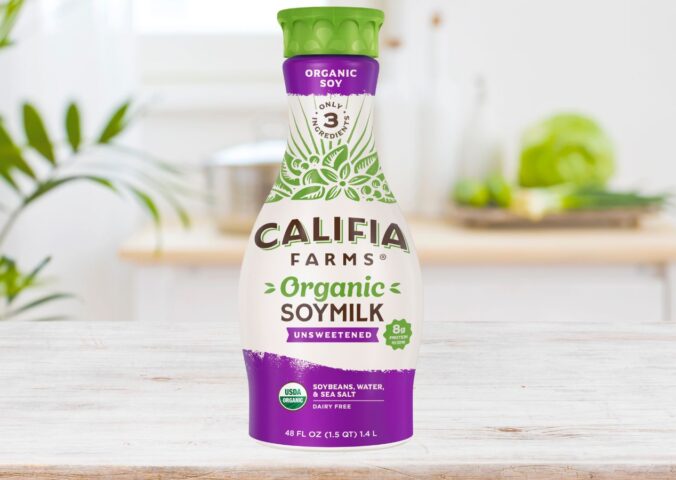A new large-scale study, co-funded by World Cancer Research Fund and Cancer Research UK, found that following a vegetarian or vegan diet is associated with the lowest risk of developing cancer when compared to eating meat, including fish.
The Oxford-based team investigated the relationship between diet and cancer risk by analyzing data from over 472,000 British adults collected from the UK Biobank between 2006 and 2010.
This comes just weeks after the European Parliament called on the EU to promote a plant-based diet in order to fight cancer.
Meat-free diet
The participants reported how often they ate meat, and were grouped into four different categories depending on their diet type, as follows:
Group 1: Regular meat eaters (those who ate meat more than five times a week)
Group 2: Low amount of meat consumers (those who ate meat five times or less per week)
Group 3: Pescatarians (those who ate fish and plant-based food)
Group 4: Vegetarians (diets free of all meat)
All participants were free from cancer at the time they were recruited, and they were followed for more than 11 years to see if they developed any.
Over the course of the study, 12 percent of participants, which amounted to 54,961 people, developed different types of cancer ranging from prostate cancer to postmenopausal breast cancer.
When compared to regular meat-eaters, being a low meat-eater was associated with a two percent lower risk of cancer. Meanwhile, pescatarians had a 10 percent reduced risk and vegetarians were 14 percent less likely to develop cancer.
Types of cancer
In terms of specific types of cancer, the researchers found that:
- Low-meat eaters had a nine percent lower risk of developing bowel cancer when compared to regular meat-eaters
- Vegetarian women were 18 percent less likely to develop postmenopausal breast cancer compared with those who regularly ate meat
- Vegetarian men had a 31 percent lower risk of prostate cancer
- Pescatarian men had a 20 percent lower risk of prostate cancer
While the researchers found that being a low meat-eater, pescatarian or vegetarian was associated with a lower risk of all cancer, other factors such as smoking and body mass index may also play a part.
The study ultimately suggests that specific dietary behavior, such as reduced meat consumption or following a vegetarian diet, can have a positive impact on reducing the risk of certain cancers.
This is in line with the World Cancer Research Fund’s long-standing advice that people should limit their intake of red and processed meat and eat more whole foods such as fresh fruit, vegetables, whole grains, and pulses.






